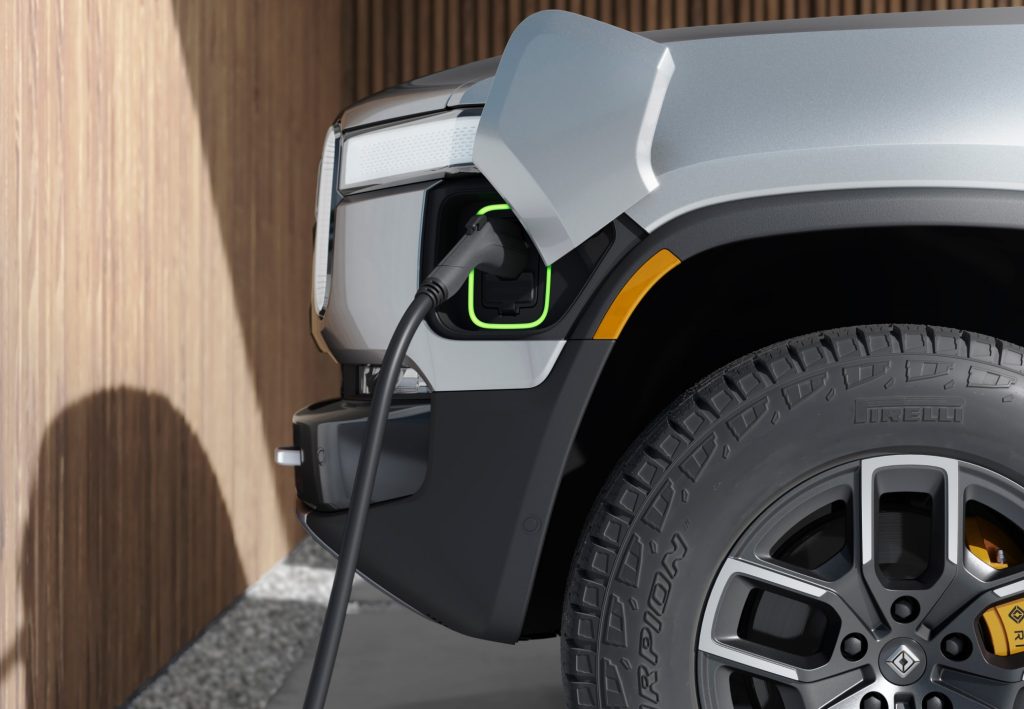The States Where It’s Actually Practical To Own An Electric Car
The number of people purchasing an electric car is on the rise, but it isn't a practical choice for every person in every state.
This article is more than 2 years old

Electric vehicles are a contentious topic in the United States. Much of that has to do with public perceptions connected to political ideologies. Additionally, despite being positioned as environmentally friendly, there have also been many questions raised about the impact harvesting lithium to produce batteries to power EVs is having on the environment. That being said, the adoption of electric cars is growing exponentially in the United States. And, as the years progress that rapid adoption is expected to increase even further. As such, the nation’s biggest auto industry players are all investing time and capital into producing lineups of EVs. This is helping to make EVs more visible and realistic options for the masses. For better or worse the push to transition to electric cars is happening. However, that doesn’t necessarily mean you should go out and buy one just yet.
The fact is, is that there are vast disparities pertaining to the electric car charging infrastructure in the United States. A recent article from the Wall Street Journal highlighted one journalist’s harrowing experience. Not only did a drive from New Orleans, LA to Chicago, IL in an electric car require meticulous planning to make sure that the route had chargers along the way to keep them going, but many chargers that were touted as “quick” or “fast” underperformed abysmally. What the experience amounted to was a lot of wasted time and mounting frustration. This is an example that highlights the lack of cohesive charging infrastructure across the nation.
It’s clear that the United States has a long way to go in building out its electric car charging infrastructure. And what that culminates in, is that for many people across the United States opting to purchase an electric car would be impractical. However, there are some states where owning an electric car is far more advantageous. According to CNET in the coming years, California, Florida, Texas, and New York will establish themselves as the more EV-friendly states. This is due in part to the large metro areas that exist in those states (ie. New York City, San Francisco, Los Angeles, Miami, and Dallas). Areas with larger populations not only present a more worthwhile opportunity for bolstering charging infrastructure because of their sizes, but many people in these cities face higher transportation costs and more prevalent pollution. The combination of those factors makes owning an EV in areas with larger populations much more attractive.
Moreover, New Jersey, Michigan, Pennsylvania, Illinois, Ohio, and Washington are also likely to become much more conducive to EV ownership in the coming years. Isolated cities are also predicted to become more electric car-friendly soon, as well. These areas include metros like Dallas-Fort Worth, Atlanta, Philadelphia, Houston, and Detroit. Houston is perhaps the most surprising due to its deeply seated investments in oil.
As a final note, if you are thinking about getting an electric car and do happen to live in an area that has the significant infrastructure to make driving one feasible, there are a few additional caveats to consider before taking the plunge. First, lithium-ion batteries (batteries that power electric cars) do not do well in the cold. Thus, if you live in an area, like Detroit for instance, where winters can get unbearably frigid the battery‘s performance and charging time will be affected. Second, if you live in an apartment building and installing a home charger isn’t feasible, you’ll have to rely on public chargers. In many cases, this requires planning to guarantee you’ll always have a charge. That could prove to be a measurable inconvenience.
Lastly, if you plan to take your electric car outside of your EV-friendly area there are significant charging obstacles that you’ll likely come up against due to the unequal distribution of chargers across the nation. The ultimate takeaway is that if you are interested in an EV make sure you do your due diligence and arm yourself with all the information you need to determine whether purchasing one is the right thing for you.








